COMMENT: Legitimate NGOs must not be afraid of PVO Bill
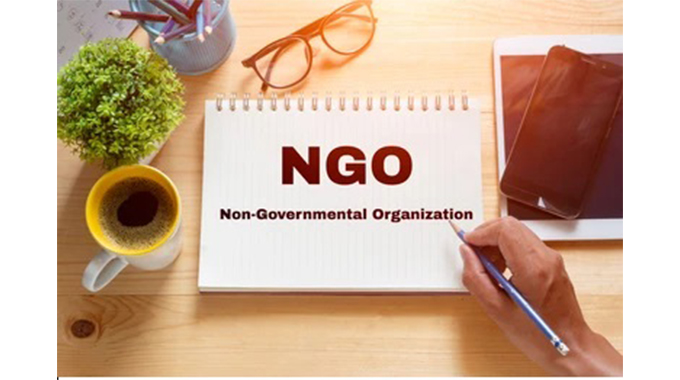
THERE has been a hullabaloo in some sections of the local NGO sector since the Government announced recently that it was amending a law to instil responsible activity in that industry.
The Government is updating the Private Voluntary Organisations (PVO) Act to include, among others, a clause that seeks to fight money laundering by entities hiding under the cover of civil society.
Fearing that they would be exposed for their nefarious activities, some NGOs are up in arms. They allege that, if approved, the law would result in the country losing large sums of money in potential development assistance. They allege that thousands of people will lose jobs and that people who are relying on NGOs to access health, nutrition and other social services would suffer.
President Mnangagwa — and we totally agree with him — made it clear in his latest writing in our sister paper, The Sunday Mail that the proposed law will in no way curtail legitimate humanitarian work thus NGOs have no reason to be alarmed.
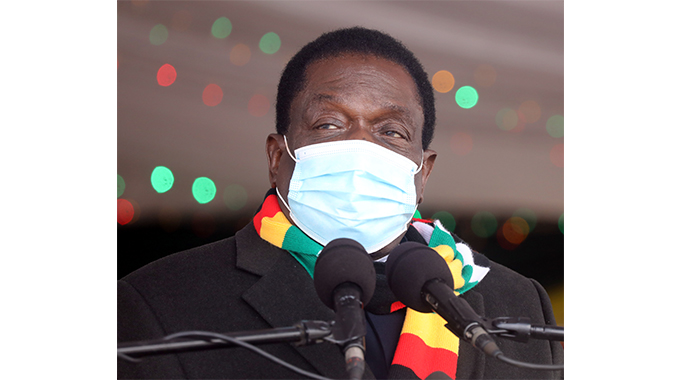
President Mnangagwa
“What the Bill seeks to do is to stop mischief which has often sought to take advantage of the poor and situations of need in the country,” he wrote.
“Additionally, it seeks to flush out dirty money, which is often laundered through some PVOs. Above all, it seeks to stop the subversion of national processes by foreign actors who often front political NGOs. Electoral processes are solely for citizens; they should never come under the undue influence of outsiders who hold no legitimate stake in our country. To allow that to happen undermines our sovereignty and the integrity of those processes.”
No serious Government would legislate for hunger, ill-health and poverty on its people.
Rather, all serious governments — and ours is one of them — actually work to improve the food security and health of its people and fights poverty. We have Vision 2030 which galvanises Government policies and programmes towards a prosperous upper middle income society in which access to health will be improved, food security would be improved and poverty a thing of the past over the next eight years.
Where the Government does not have capacity, it creates an environment for development partners such as UN agencies, NGOs, private sector and individuals to chip in.
Civil bodies involved in purely humanitarian and developmental activities will certainly not be campaigning against the PVO Bill. Actually, they must be supporting the Government for working to weed out charlatans out to bring their otherwise well-meaning industry into disrepute. This is what NGOs do.
However, those that want the law to remain as it is are exposing themselves. What are they trying to hide? Indeed, some things speak for themselves!

Law – Image taken from Shutterstock
Zimbabwe, and that is very unfortunate and dangerous, is one of the few countries in the world in which civil society behaves the way they want; conducting themselves as if they are opposition parties and getting away with it.
They are so sensitive that any slight but legitimate criticism of their conduct promptly invites complaints of victimisation, harassment and so on.
However, this runs counter to what we know NGOs to be. They are open, accountable, sincere, transparent and people-driven. They are partners in the holistic national development. So any that behave petulantly, aren’t open about their activities and don’t want to submit to the laws of the land are not PVOs.
We, therefore, urge the Government to move with speed to enact the law so that order prevails among civil society and they serve the people more diligently.

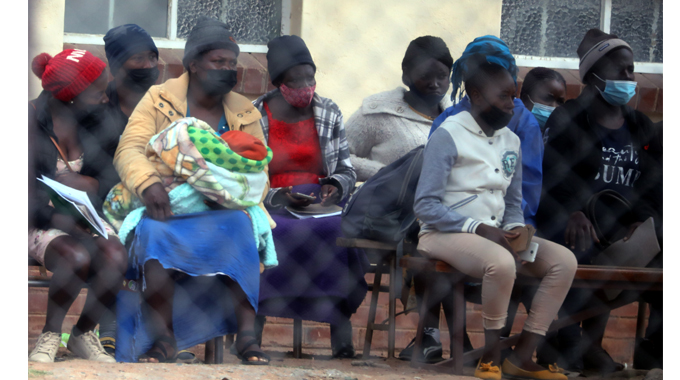

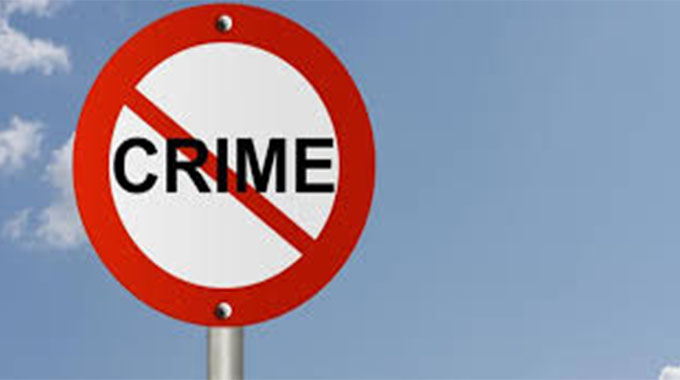
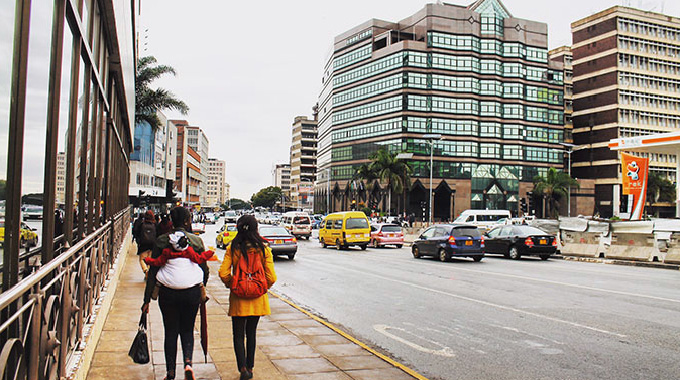
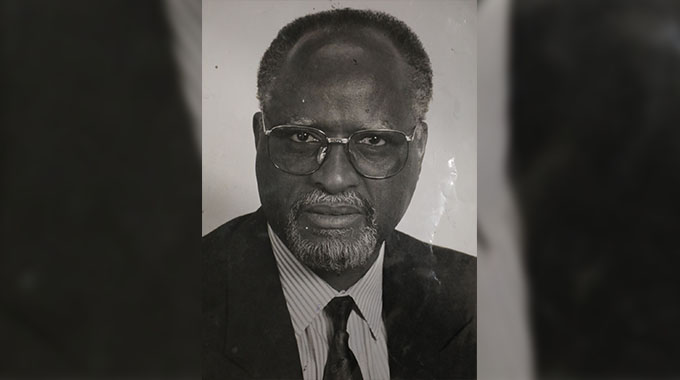




Comments